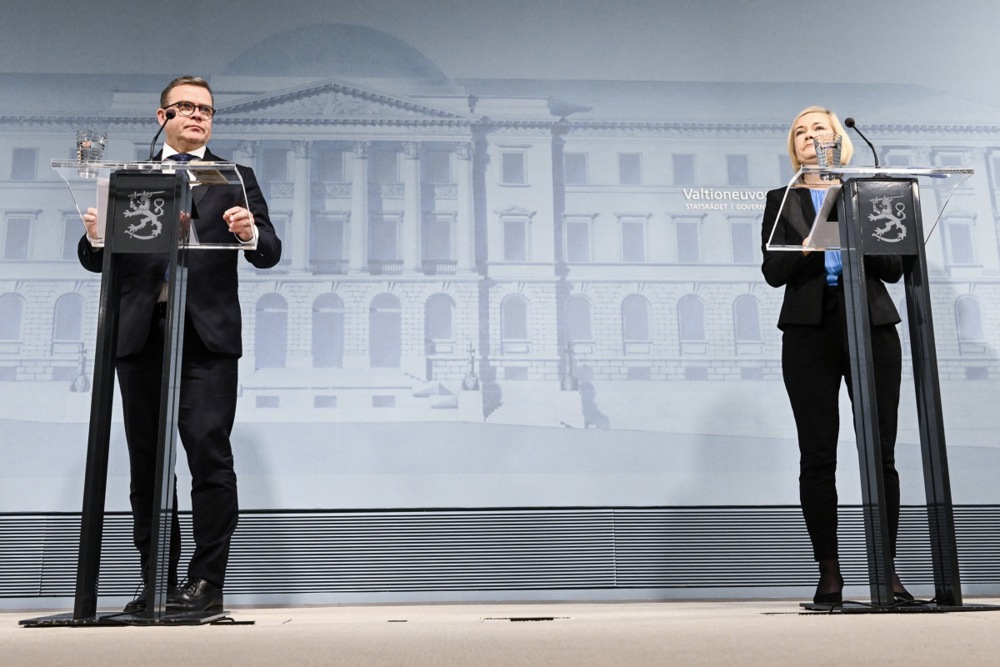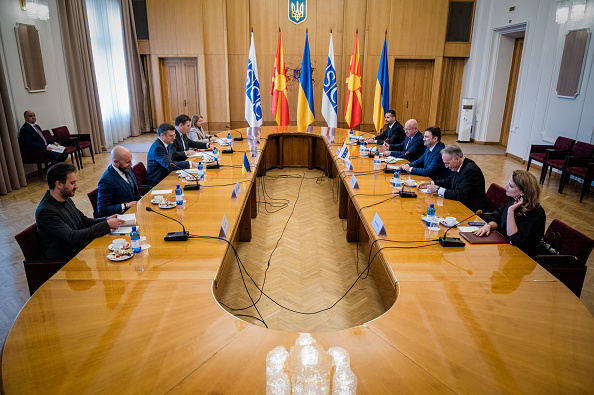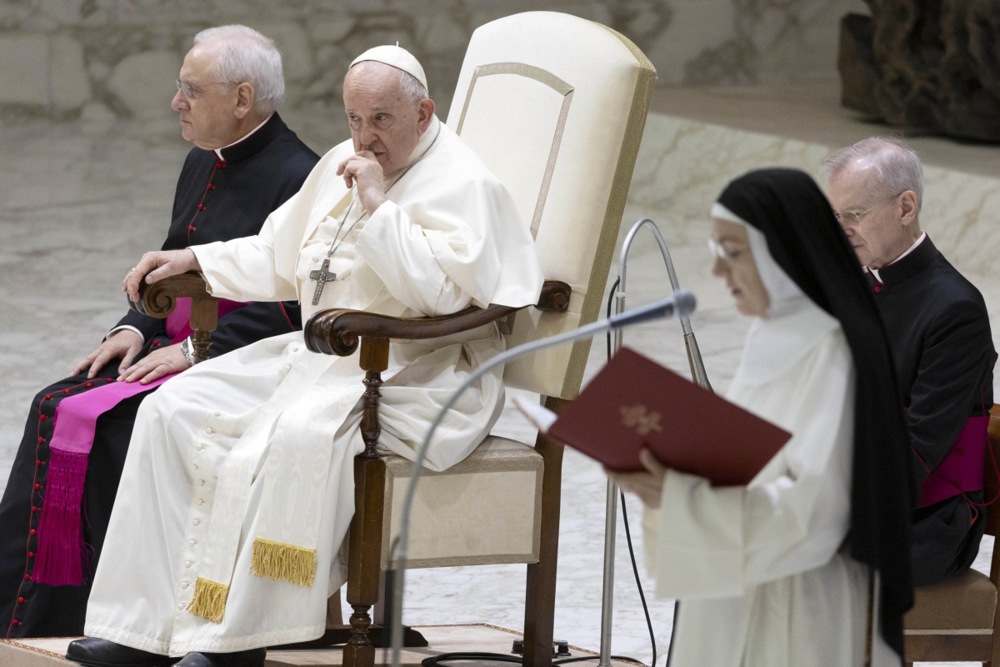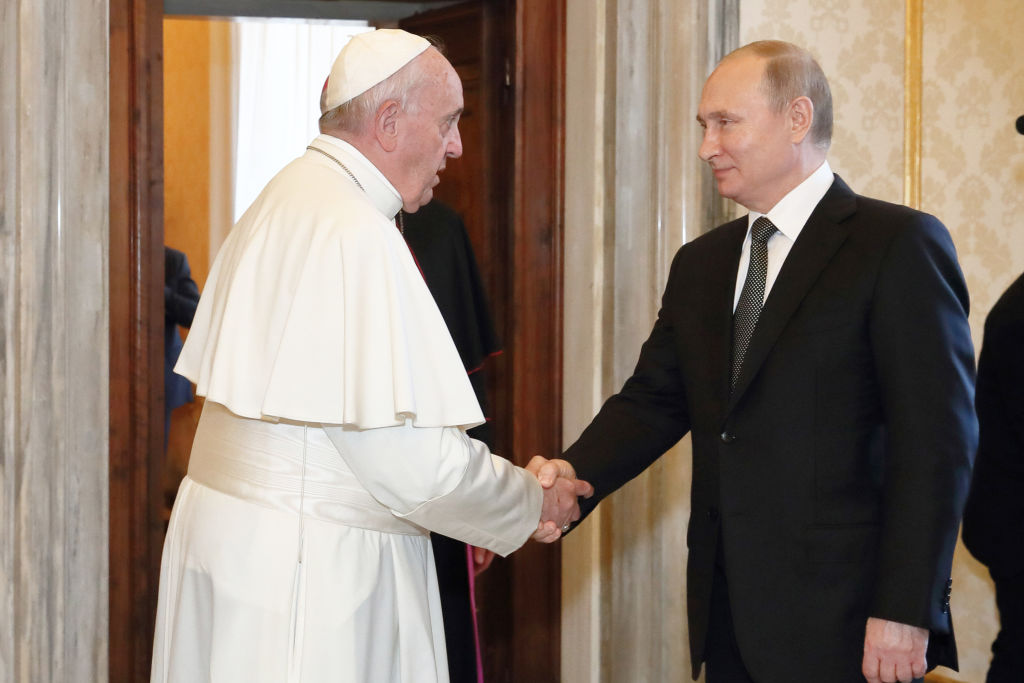Estonian Prime Minister Kaja Kallas has indicated that her administration is looking at measures for deporting any permanent residents of Estonia who seek to accept Russian citizenship.
In response to a letter from a Centre Party MP and reported in the Russian edition of Estonian newspaper Postimees, Kallas said Moscow had broken “all international legal norms” by attacking Ukraine.
She noted that this had been acknowledged by the Estonia Parliament and the Council of Europe, which label the Russian regime as a “supporter of terrorism”.
According to Kallas, in this context, it is vital to consider Russia’s potential intent to undermine Estonia’s security and that of its allies.
“For example, the Russian Federation has practiced attacking the Baltic States in the course of military exercises, constantly presenting hostile and false narratives about Western countries through official channels, or more recently, has started organising the entry of illegal migrants into the European Union again,” Kallas said.
She said those who have lived in Estonia for an extended period and who have voluntarily decided to take Russian citizenship after learning about Russia’s attacks on Ukraine through independent media, indicated a “clear signal” that the Estonian State could not ignore.
Kallas added that it suggested such people may be willing to join the Russian army and participate in attacks on Ukraine.
In Estonia, long-term residents’ permits can be revoked if they are seen to pose a threat to public order or national security, according to Article 241 of the country’s Aliens Act.
“Each procedure is individual and is based on an assessment of the danger posed by the individual,” Kallas said.
“In a situation where a person obtaining Russian citizenship is a clear signal of support for terrorism or the actions of the Russian Federation against Estonia and our allies, it is undoubtedly necessary to consider the suitability of this person to live in a democratic and human rights-respecting country.”
That stance is the official position of the Government, Kallas made clear.
Speaking to reporters at a press conference on January 8 after the regular meeting of the National Defence Council, she also announced Estonia will invest 0.25 per cent of GDP to support Ukraine’s defence over the next four years.





